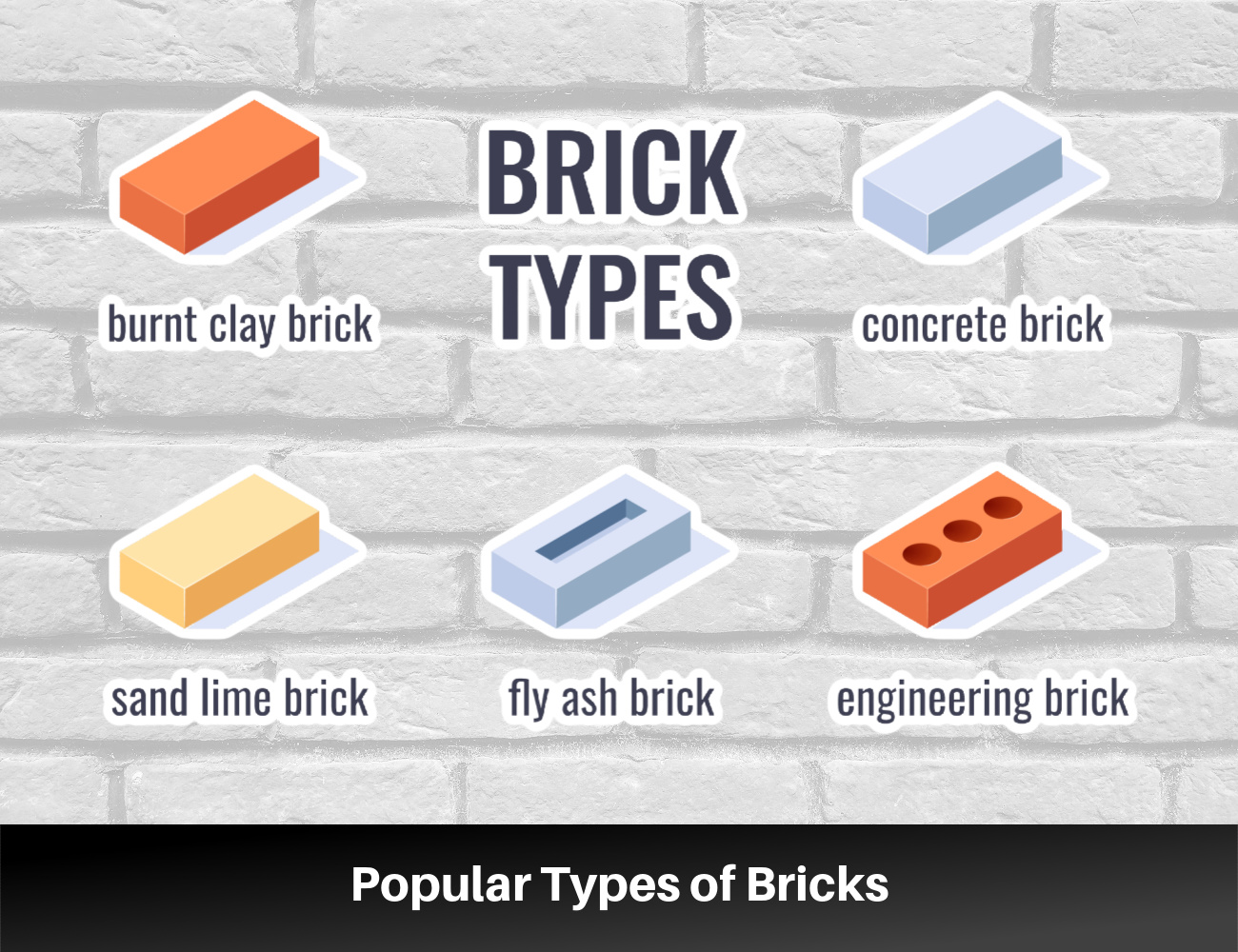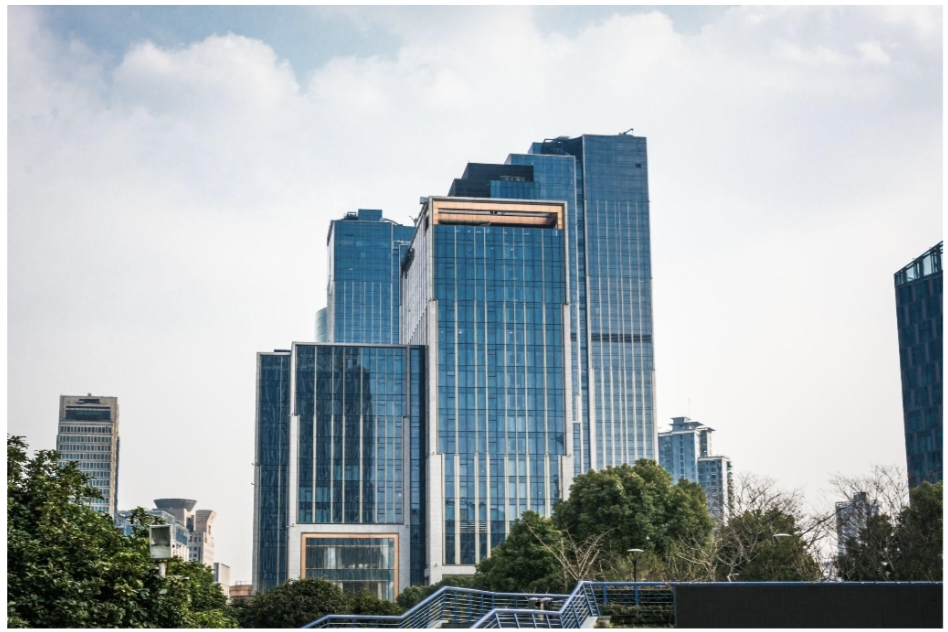Did you know that the right bricks can impact a building’s strength and durability? Choosing suitable materials ensures a long-lasting and secure structure. Bricks have been a key element in construction for centuries, offering reliability and versatility. Various options are available, each with unique qualities suited for different applications. Let’s explore the most common choices and their characteristics.
Clay Bricks for Traditional Strength
Clay bricks are one of the oldest and most widely used types of bricks in construction. These are made from natural soil and fired at high temperatures to enhance durability. They provide excellent thermal insulation, keeping indoor spaces comfortable in different climates. Many builders prefer them for residential and commercial buildings due to their strength. Their natural red or brown color also enhances a structure’s aesthetic appeal. These bricks are known for their ability to withstand harsh weather conditions, making them ideal for long-term use.
Concrete Bricks for Modern Designs
Concrete bricks are a popular choice for contemporary construction projects. These are made using cement, sand, and aggregates, providing impressive load-bearing capacity. They offer a uniform shape and size, making installation faster and more efficient. Many builders use them for fences, facades, and non-load-bearing walls.
Their ability to resist weather conditions makes them ideal for outdoor applications. These bricks come in different colors and textures, allowing for creative architectural designs. Additionally, they have better resistance to insects and pests compared to traditional materials.
Fly Ash Bricks for Sustainable Structures
Fly ash bricks are becoming increasingly popular because of their environmentally friendly composition. Made from industrial byproducts, they help reduce construction waste and promote sustainability. These bricks are lightweight yet strong, making them easy to handle and transport. Their smooth finish reduces the need for excessive plastering, saving both time and cost.
Builders prefer them for multi-story buildings because of their strength and insulation properties. Their high compressive strength makes them suitable for load-bearing walls in both residential and commercial buildings. They also absorb less moisture, preventing dampness and reducing maintenance requirements.
Fire Bricks for Heat Resistance
Fire bricks are designed to withstand high temperatures without losing their structural integrity. These are commonly used in areas exposed to intense heat, such as fireplaces and furnaces. Their ability to resist thermal expansion prevents cracking and ensures long-term durability. Many industrial and commercial settings rely on them for constructing chimneys and kilns.
Their specialized composition enhances safety in high-heat environments. These bricks also improve energy efficiency by retaining heat within enclosed spaces, reducing heating costs. Their durability makes them a cost-effective option for projects that require high-temperature resistance.
Engineering Bricks for High Durability
Engineering bricks are perfect for projects that require superior strength and water resistance. These are commonly used in foundations, tunnels, and damp-prone areas. Their low water absorption prevents damage caused by moisture exposure over time. Many builders prefer them for underground structures where durability is crucial.
Their dense composition makes them ideal for load-bearing walls and heavy-duty construction. These bricks are also resistant to chemical corrosion, making them suitable for industrial sites. Their high compressive strength ensures they can support significant structural loads without damage.
Sand Lime Bricks for Improved Finish
Sand lime bricks offer a smooth and uniform surface, making them ideal for aesthetically pleasing construction. They are made using a mix of sand, lime, and water, which provides excellent strength and stability. These bricks offer better acoustic insulation compared to traditional options, reducing noise transmission. Many builders use them in urban areas where soundproofing is essential. Their durability and resistance to weather conditions make them suitable for long-lasting structures. Understanding the different materials available helps in choosing the right option for specific construction needs. Whether it’s clay for classic designs, concrete for modern appeal, or fire-resistant varieties for safety, each type serves a purpose. Builders consider factors like durability, insulation, and resistance before making a choice. Different types of bricks provide varied benefits, making it important to match them with the right construction requirements. Selecting the best option ensures a structure that lasts for years with minimal maintenance.





